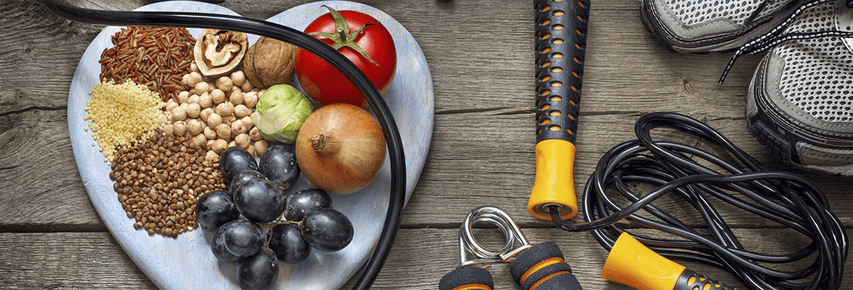Healthy bodies need water. While the food we eat, especially fruits and vegetables, will help to hydrate you, water is the best way to make sure you’re replacing the fluids you lose each day.
The easiest way to know if you’re well hydrated is to check the colour of your urine. If it’s yellow and smelly then you probably need to drink more water. But if it’s a lighter yellow or almost clear, it’s a sign you’re drinking enough.
8 reasons to drink 8 glasses
reduce headaches
stay alert
naturally detoxify
stay slim
less wrinkles
stay regular
healthier blood pressure
smooth joints.
Do other fluids count?
If you find it hard to drink eight glasses of water a day, the good news is that other drinks count. Let’s look at some of the most popular drinks and their impact on health.
Coffee and black tea
While the caffeine in tea and coffee can be dehydrating, they still contribute to your fluid intake. Too much caffeine can cause anxiety and insomnia, so it’s a good idea to limit the amount you have each day, or avoid if possible.
Green tea
Green tea, especially matcha, is very high in antioxidants and has been drunk in Japan for generations. However, green tea does contain similar caffeine to regular black tea.
Herbal teas
Herbal teas are a fantastic alternative to water. As well as hydrating, they are high in antioxidants, calming and caffeine free!
Juices
While juices tend to have less fibre and nutrients than the fruit or vegetables they came from, they do count towards your water goal. But because juice is also a concentrated source of energy and sugars, it is probably a better idea to eat a piece of fruit instead. If you really enjoy your juice, limit it to around 200mL a day.
Sports drinks
Sports drinks are a good option if you’re severely dehydrated or you’ve been exercising for an hour or more. While they will hydrate you, they can also be high in sugar and artificial colours so are generally not a good idea.
Soft drinks and cordials
As well as offering no nutritional benefits, soft drinks are poor hydrators, have high quantities of sugar and are strongly linked to weight gain and diabetes. Best to avoid.
Tips to boost your water intake
Start early
Drink your first glass as soon as you wake up. Also, offer infants and children water to quench their thirst—it’s a great habit to learn from an early age.
Carry it with you
Water bottles are a great way to keep tabs on how much you’ve drunk through the day.
Jazz up your water
Add a slice of lemon, lime, fresh mint leaves or frozen berries.
Go herbal
Try it hot or iced.
Did you know?
By weighing yourself before and after exercise, you can calculate the amount of fluid you’ve lost and formulate a fluid replacement plan to suit.



